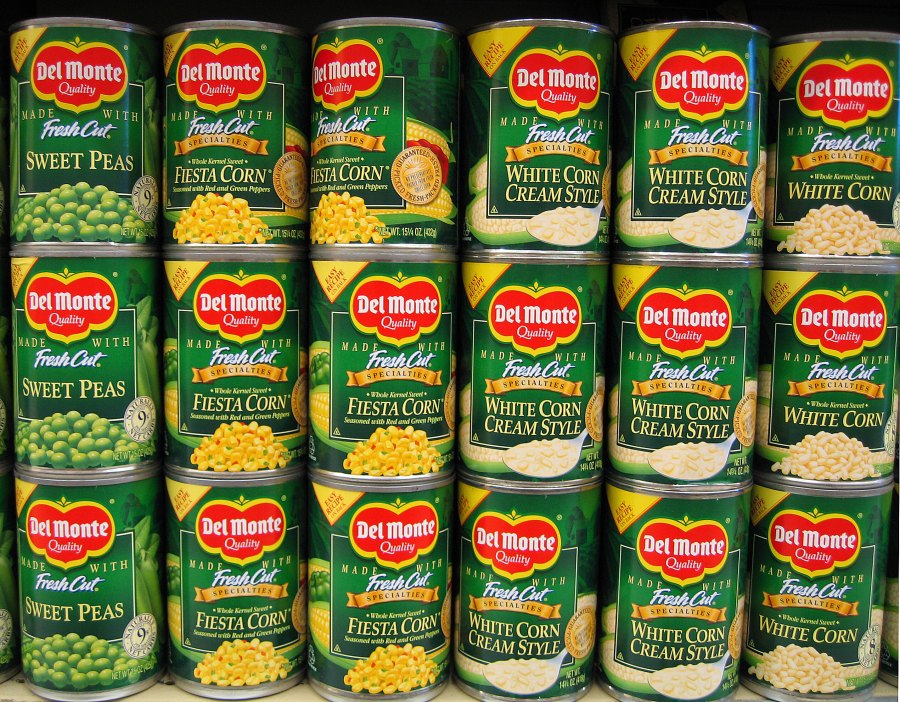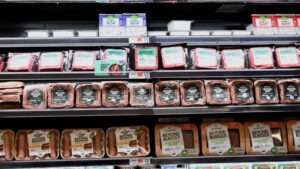
Del Monte Foods, a venerable name in the canned fruits and vegetables industry, has filed for bankruptcy protection as it grapples with changing consumer tastes and economic pressures. The 139-year-old company, headquartered in Walnut Creek, California, announced it has secured $912.5 million in debtor-in-possession financing to maintain operations during the sale process.
“After a thorough evaluation of all available options, we determined a court-supervised sale process is the most effective way to accelerate our turnaround and create a stronger and enduring Del Monte Foods,” stated CEO Greg Longstreet. Despite growth in its Joyba bubble tea and broth brands, Del Monte has struggled to counteract declining sales of its flagship canned products.
Changing Consumer Preferences
The announcement comes as U.S. consumers increasingly opt for healthier or more affordable alternatives to canned goods. Sarah Foss, global head of legal and restructuring at Debtwire, noted, “Consumer preferences have shifted away from preservative-laden canned food in favor of healthier alternatives.”
Grocery inflation has further compounded these challenges, driving shoppers toward cheaper store brands. Additionally, the 50% tariff on imported steel, implemented in June under President Donald Trump’s administration, has increased the cost of cans, adding financial strain on Del Monte and similar companies.
Financial Struggles and Legal Challenges
Del Monte Foods, owned by Singapore’s Del Monte Pacific, has also faced legal hurdles. Last year, a group of lenders filed a lawsuit against the company, opposing its debt restructuring plan. The case was resolved in May, but resulted in a loan that raised Del Monte’s interest expenses by $4 million annually, according to a company statement.
The move represents a significant step in Del Monte’s planned sale of its assets. The company believes that the court-supervised process will facilitate a smoother transition and potentially attract buyers interested in revitalizing the brand.
Historical Context and Industry Trends
Founded in 1884, Del Monte has been a staple in American households for over a century. However, the recent shift in consumer behavior is not unprecedented. Similar trends have been observed across the food industry, where demand for fresh, organic, and minimally processed products has surged.
According to industry analysts, the canned food sector has faced declining sales as health-conscious consumers seek out fresh produce and ready-to-eat meals that align with modern dietary preferences. This shift has prompted many traditional food companies to diversify their product lines and explore new market opportunities.
Looking Ahead
As Del Monte navigates its bankruptcy proceedings, the company aims to emerge with a more resilient business model. The restructuring process is expected to streamline operations and potentially lead to strategic partnerships or acquisitions.
Meanwhile, industry experts suggest that Del Monte’s situation could serve as a cautionary tale for other legacy brands. Companies must adapt to evolving market dynamics and consumer demands to remain competitive in an increasingly health-conscious world.
As the sale progresses, stakeholders and consumers alike will be closely watching Del Monte’s journey. The outcome could reshape the company’s future and influence broader trends within the food industry.
Del Monte’s bankruptcy filing underscores the challenges faced by traditional food brands in adapting to a rapidly changing marketplace.




